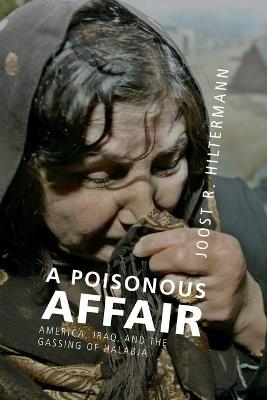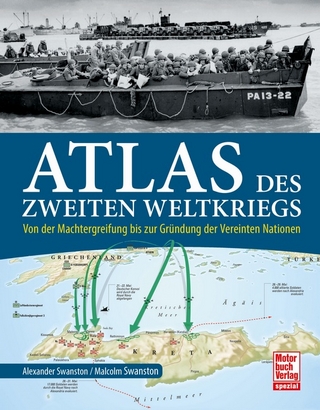
A Poisonous Affair
America, Iraq, and the Gassing of Halabja
Seiten
2014
Cambridge University Press (Verlag)
978-1-107-66696-2 (ISBN)
Cambridge University Press (Verlag)
978-1-107-66696-2 (ISBN)
This book is the story of the gassing of Halabja during the Iran-Iraq war. It tells how Iraq was able to amass chemical weapons to target its victims as America turned a blind eye. Today, as the Middle East sinks into turmoil, these policies are coming back to haunt the West.
In March 1988, during the Iran-Iraq war, thousands were killed in a chemical attack in a remote town in Iraqi Kurdistan. In the aftermath of the horror, confusion reigned over who had carried it out, each side accusing the other in the ongoing bloodbath of the Iran-Iraq war. As the fog lifted, the responsibility of Saddam Hussein's regime was revealed, and with it the tacit support of Iraq's western allies. This book by a veteran observer of human rights in the Middle East tells the story of the gassing of Halabja. It shows how Iraq was able to develop ever-more sophisticated chemical weapons and target Iranian soldiers and Kurdish villagers as America looked the other way. Today, as Iraq disintegrates and the Middle East sinks further into turmoil, these policies are coming back to haunt America and the West.
In March 1988, during the Iran-Iraq war, thousands were killed in a chemical attack in a remote town in Iraqi Kurdistan. In the aftermath of the horror, confusion reigned over who had carried it out, each side accusing the other in the ongoing bloodbath of the Iran-Iraq war. As the fog lifted, the responsibility of Saddam Hussein's regime was revealed, and with it the tacit support of Iraq's western allies. This book by a veteran observer of human rights in the Middle East tells the story of the gassing of Halabja. It shows how Iraq was able to develop ever-more sophisticated chemical weapons and target Iranian soldiers and Kurdish villagers as America looked the other way. Today, as Iraq disintegrates and the Middle East sinks further into turmoil, these policies are coming back to haunt America and the West.
Joost R. Hiltermann is a veteran commentator on human rights. While researching this book, he was working as Director of the Arms Divison of Human Rights Watch. He is currently the Middle East Project Director for the International Crisis Group. His publications include Behind the Intifada: Labor and Women's Movements in the Occupied Territories (1991).
Introduction: the Halabja controversy; 1. Crossing the chemical threshold; 2. Setting the volume control; 3. Chemical interlude; 4. War in Kurdistan; 5. Halabja; 6. The Halabja demonstration effect; 7. Iran and the use of gas; 8. Fixing the evidence; 9. The road to Kuwait; Conclusion: fall-out.
| Verlagsort | Cambridge |
|---|---|
| Sprache | englisch |
| Maße | 151 x 229 mm |
| Gewicht | 540 g |
| Themenwelt | Natur / Technik ► Fahrzeuge / Flugzeuge / Schiffe ► Militärfahrzeuge / -flugzeuge / -schiffe |
| Geschichte ► Allgemeine Geschichte ► Zeitgeschichte | |
| Geisteswissenschaften ► Geschichte ► Regional- / Ländergeschichte | |
| Sozialwissenschaften ► Politik / Verwaltung ► Europäische / Internationale Politik | |
| ISBN-10 | 1-107-66696-1 / 1107666961 |
| ISBN-13 | 978-1-107-66696-2 / 9781107666962 |
| Zustand | Neuware |
| Haben Sie eine Frage zum Produkt? |
Mehr entdecken
aus dem Bereich
aus dem Bereich
von der Machtergreifung bis zur Gründung der Vereinten Nationen
Buch | Softcover (2023)
Motorbuch Verlag
24,90 €


